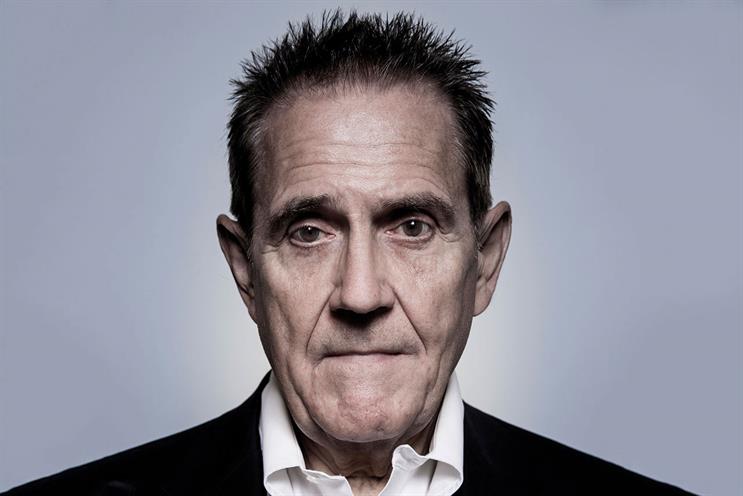Lindon Moss is a 160-acre peat bog in Wilmslow, Cheshire.
Andy Muld and Stephen Dorley were workers at the local peat-processing plant.
One day in 1981, they noticed something the size of a football among all the peat on the conveyor belt.
They lifted it off and started scraping the peat away.
It was a human skull, with the remains of an eye and hair still attached.
They called the police, and the police knew immediately whose skull it was.
For 20 years they’d been trying to prove that Peter Reyn-Bart murdered his wife.
Malika Reyn-Bart went missing in 1960.
A year later, Peter was heard bragging in a pub that he’d murdered her and buried her.
The police dug up his garden but they couldn’t find anything.
For 20 years, Peter thought he’d got away with it.
Now, faced with the evidence of his wife’s remains, he broke down and confessed.
He and his wife hadn’t had sex for ages.
One day he came home and found her in bed with another man.
The man ran out, and Peter and his wife had a terrible row.
She threatened to reveal to the police that he was a homosexual.
At that time, it was illegal and could mean public shame, arrest, even prison.
So he killed her, and dismembered her body.
They lived on the edge of the peat bog, so he buried the parts in various places there.
He never expected it to be found – when it was, he confessed.
While he was awaiting trial, the police sent the skull for carbon dating.
The skull was found to be nearly 2,000 years old.
It belonged to a woman who died around 210 AD – it wasn’t his wife’s at all.
Peter immediately retracted his confession, but it was too late.
He was tried, found guilty and sentenced to life imprisonment.
All because he’d been living in his own reality.
His mind was so full of the crime he’d committed that it became his entire world.
He concentrated on it until other possibilities stopped existing.
And he was undone by his inability to see anything outside his own bubble.
That’s what the human mind does.
We concentrate on a problem until it expands to become our whole world.
We can’t escape the problem, so there’s no possibility of thinking outside it.
When we find ourselves in a rut, we need someone who isn’t involved to help us escape.
In the early 1960s, the owner of Levy’s Rye Bread approached Bill Bernbach with a problem.
He said his packaged rye bread wasn’t selling – he was desperate.
Bernbach asked him where he was advertising it.
The owner said: "Where else? The Jewish Chronicle, of course."
Bernbach said: "That’s your problem – Jews won’t eat packaged rye bread, they want fresh. You have to sell it to gentiles who don’t know the difference."
The owner said gentiles wouldn’t eat rye bread.
But Bernbach’s agency did the campaign "You don’t have to be Jewish to love Levy’s real Jewish rye".
It ran as posters in subway stations all over New York City.
Levy’s became the biggest-selling rye bread in the city, then NY state, then the US.
Now rye bread is a staple in every delicatessen across America.
All because the owner asked someone who was outside the problem to help.
Someone whose mind wasn’t consumed by the problem.
Someone who could see a world of possibilities outside the limits the mind had set.
Dave Trott is the author of Creative Mischief, Predatory Thinking and One Plus One Equals Three.


